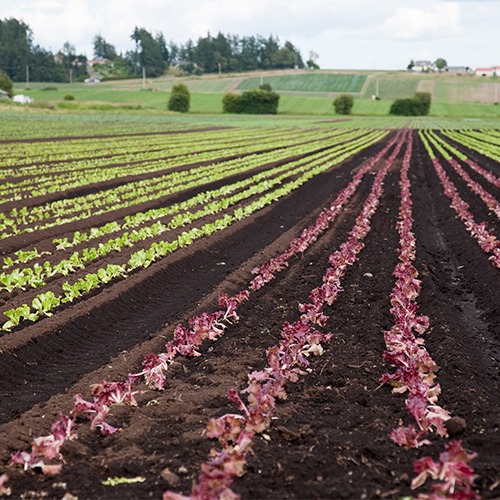The economic and community impacts of the COVID-19 pandemic in BC were extensive and far-reaching. The initial waves of the pandemic and the subsequent public health measures, including lockdowns and restrictions on gatherings and business operations, led to significant workforce losses across numerous sectors, particularly hospitality, tourism, and retail. Both domestic and international supply chains experienced unprecedented failures and bottlenecks, impacting the availability of goods and driving up costs for businesses and consumers alike. Simultaneously, the demand for social services surged as individuals faced job losses, financial hardship, and increased mental health challenges. > Read More
The economic data from 2020 clearly illustrates the severity of the impact. British Columbia’s Gross Domestic Product (GDP) contracted by 3.8% that year, marking a significant economic downturn. The unemployment rate in the province also surged as businesses were forced to close or reduce operations, leaving many individuals without work. While the economy has since recovered to a degree, the pandemic exposed vulnerabilities. It triggered long-term shifts in areas such as remote work, consumer behaviour, and the structure of certain industries. Beyond the purely economic indicators, the pandemic had profound social consequences, including increased social isolation, strain on mental health services, and exacerbation of existing inequalities. The pandemic also highlighted the disproportionate impact on certain communities and demographics within BC.
> Read Less

























